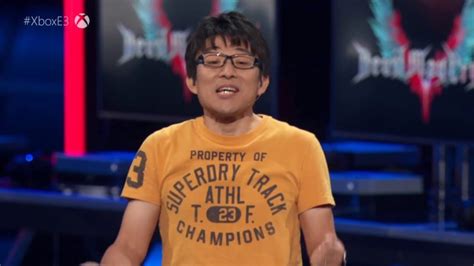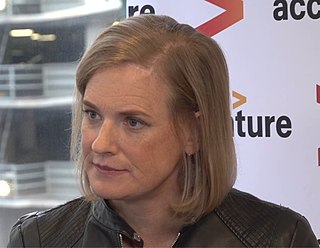A Quote by Matthew Perry
Ninety percent of video game AI really is pretty damn bad. I think that's actually why it's so much fun to shoot things. Because the AI is so bad and the characters are so annoying.
Related Quotes
I think it's important for us to have a rule that if a system is really an AI bot, it ought to be labeled as such. 'AI inside.' It shouldn't pretend to be a person. It's bad enough to have a person calling you and harassing you, or emailing you. What if they're bots? An army of bots constantly haranguing you - that's terrible.
There's a great phrase, written in the '70s: 'The definition of today's AI is a machine that can make a perfect chess move while the room is on fire.' It really speaks to the limitations of AI. In the next wave of AI research, if we want to make more helpful and useful machines, we've got to bring back the contextual understanding.
There are two companies that the AI Fund has invested in - Woebot and Landing AI - and the AI Fund has a number of internal teams working on new projects. We usually bring in people as employees, work with them to turn ideas into startups, then have the entrepreneurs go into the startup as founders.





























